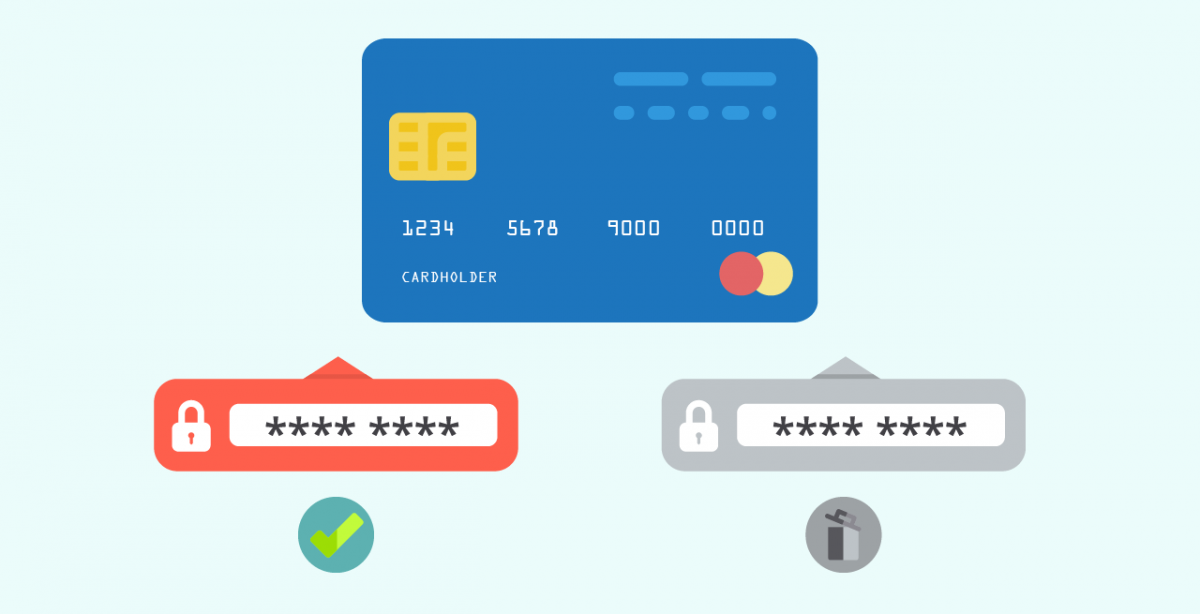Interview With Eyal Nevo – CEO at PCI Booking
In a recent SafetyDetectives interview, Eyal Nevo, CEO of PCI Booking, delves into the origins and evolution of the company. Born from a need to ensure PCI compliance for credit card details in the travel industry, PCI Booking emerged as a pioneering solution. Nevo explains the vital role PCI Booking plays in safeguarding payment processing and facilitating outsourced PCI compliance, particularly within the travel sector. He discusses the immense challenges businesses face in achieving and maintaining PCI compliance and how PCI Booking eases this burden. Additionally, Nevo offers expert advice on best practices for handling payment card data and staying ahead of emerging threats in the payment processing landscape. How did the idea of PCI Booking come about, and what has the journey been like? We had been…










